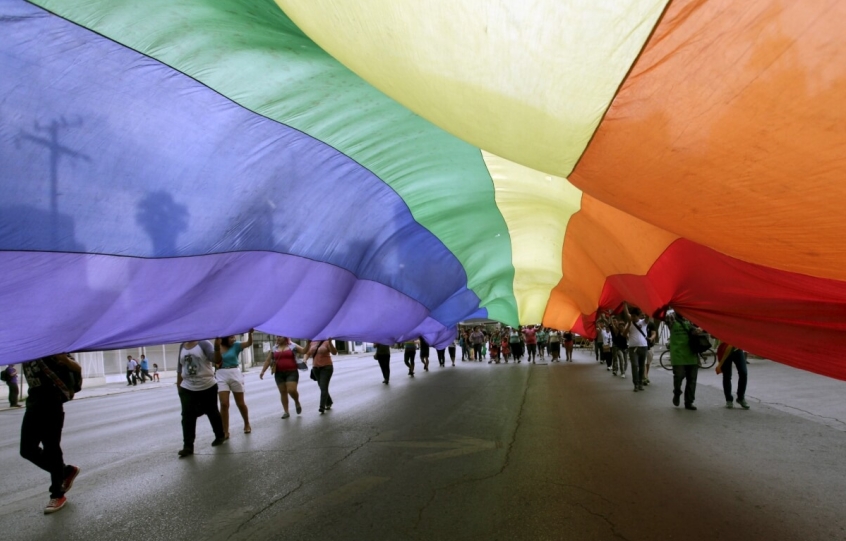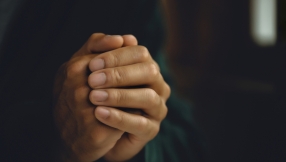
An alliance of evangelical churches in Malta is objecting to the proposed legalisation of same-sex marriage on the grounds that the new laws may not extend 'religious protection' to all members of religious bodies.
The predominantly Catholic island nation is pressing ahead with the introduction of same-sex weddings despite objections from church groups.
The Catholic Church had opposed the legislation, which the Labour government promised to introduce as its first law after winning a second term last month. The main opposition party supports the move.
The explicit aim of the law, piloted by Equality Minister Helena Dalli, is to 'modernise the institution of marriage' to give all consenting adult couples the right to marry.
The amendments that will introduce same-sex marriage include 'religious protection' in the Maltese Constitution for an 'officer of a religious body'.
The Constitution of Malta already grants citizens full freedom of conscience and the right to enjoy the free exercise of religious worship.
But Edwin Caruana, the head of The Evangelical Alliance of Malta [TEAM], said: 'We would like to have the peace of mind that none of our members will be "forced" to act against their conscience.'
TEAM is demanding that members of religious organisations be granted a right akin to 'conscientious objection', Malta Today reported.
Caruana added: 'We seek that our rights to freedom of religion and freedom of conscience be respected. We are duty bound to protect our member churches, organizations, and individuals from any attempt to curb or obstruct religious freedom or freedom of conscience which are guaranteed by international human rights laws...As Christians we believe that according to Biblical teaching, God ordained marriage as a union between one man and one woman for the reason of love and pro-creation. As far as we are concerned no human law will ever erase this, as we believe that God does not change His principles but is constant in His decrees.
'We also recognise that we have no right to impose our beliefs on those that are not part of our Evangelical Christian churches, but on the same note, no one should have the right to impose on us a redefinition of beliefs that we have held dear for thousands of years. If this was to be imposed on us we would find it unacceptable and infringing on our rights.'













